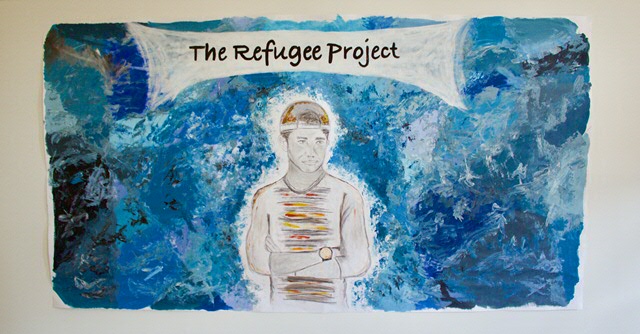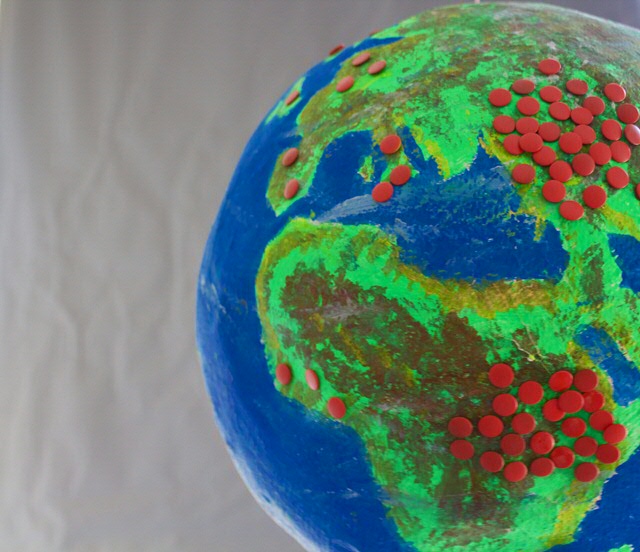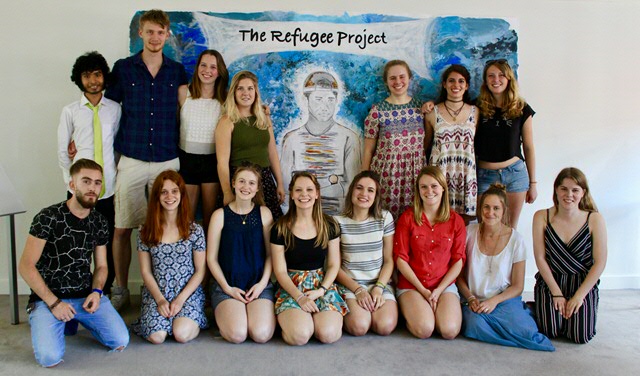Higher Educated Refugees
Project Supervisor: Martijn Boot
The target group of the project consists of higher educated refugees (refugee-students, refugees with an academic background or other higher educated refugees). The project concentrates on different aspects of the situation of these refugees in the Netherlands. The project will have a transdisciplinary character. Its tentative aims concern a variety of issues, such as:
- Understanding: To promote the understanding of the refugees’ situation and problems; to hear about their stressful experiences in their homeland, during their flight and after their arrival in the Netherlands
- Research: To investigate some aspects of the situation of higher educated refugees in the Netherlands, such as access of higher educated refugees to volunteer work and the labour market; access to medical aid in cases of Post Traumatic Stress Disorder (PTSD); access to legal aid; the extent to which the reception of refugees in the Netherlands is decent and fair.
- Intervention: trying to help improving the situation of the refugees by some forms of assistance – for instance, by a mentoring programme for refugees; and setting up a social service centre for higher educated refugees in the northern region of the Netherlands.
- Cultural exchange: between student-refugees and students of the UCG
- Cooperation: transdisciplinary cooperation and cooperation with other organizations that have ‘know how’ about refugee issues.
- Education: To make a connection with UCG-courses and to organize seminars on related subjects, for instance, the European immigration crisis, humanitarian law and human rights.
The participating UCG-students will get the opportunity to learn directly from real life stories of refugees by means of interviews and by taking part in seminars to which also refugees themselves are invited. The student-refugees and other higher educated refugees are also invited to take part in the project.
More information about the project and approach could be found here.
The research proposal could be found here.
| Last modified: | 10 October 2019 4.36 p.m. |



